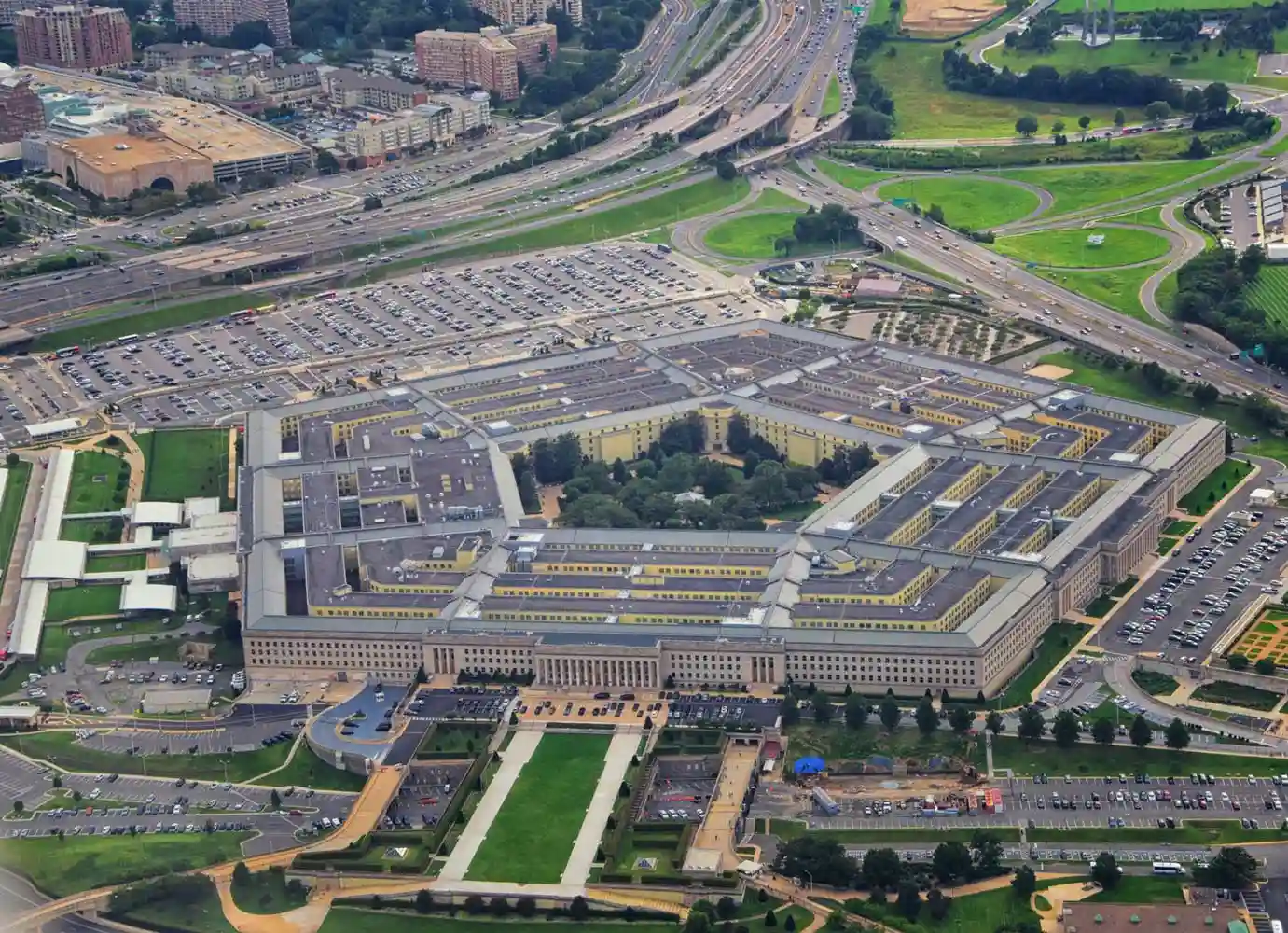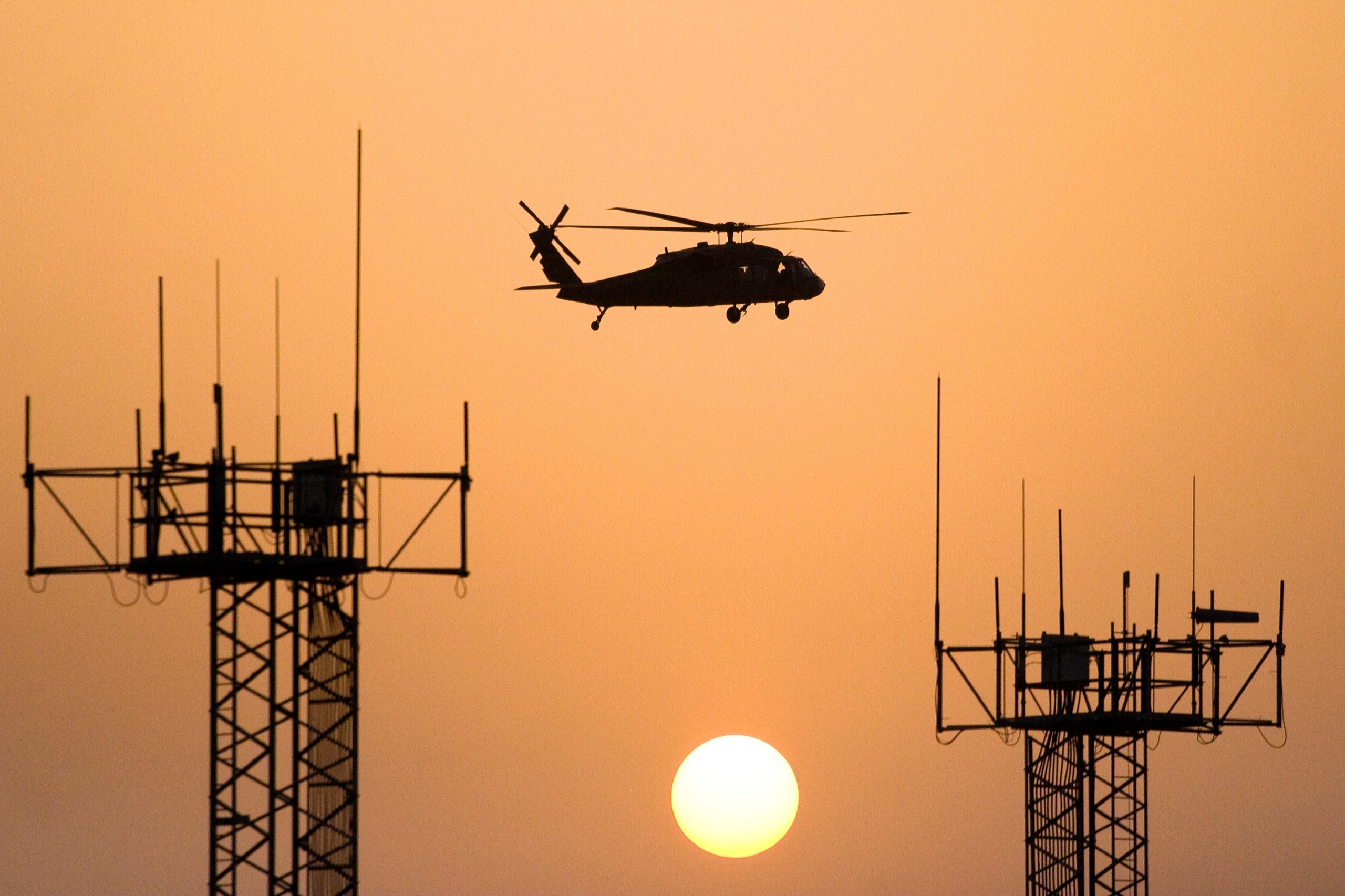It is estimated that the U.S. Government spends more than $500 billion annually on products and services purchased or procured from private contractors. With trillions more now appropriated in Covid-19 relief, acquisition activity by the Government is set to explode even higher. The risks to the American taxpayer from unscrupulous contractors attempting to profit through fraudulent or abusive practices have never been higher.

The Importance of Qui Tam Lawsuits to Fighting Procurement Fraud
Combating fraud in Government procurement has long been a high priority of the Justice Department. Qui tam lawsuits brought by whistleblowers under the False Claims Act are recognized as an important component of that effort. Indeed, Congress first enacted the False Claims – nicknamed “Lincoln’s Law” – during the Civil War precisely in response to fraud perpetrated by private contractors who defrauded the Union Army by selling it all manner of defective and substandard goods. A notorious example was sawdust passed off as gunpowder.
Some of the largest qui tam whistleblower cases and whistleblower rewards in history have involved procurement and contracting fraud. For example, in 2009, the global aerospace and defense technology company Northrop Grumman paid $325 million to settle a False Claims Act lawsuit alleging that the company sold the government electronic components for use in satellites that it knew were faulty and likely to fail. The qui tam whistleblower who commenced the case received an award of $48.7 million.
Fraud is their game.
Integrity is yours.
What Types of Conduct Constitute Procurement Fraud?
The Government buys a wide range of products and services – everything from military hardware and fuel to communications, vehicles, software, drugs and medical devices, marine services, highway maintenance and construction equipment, real estate, livestock, research, training, and education. The largest Government expenditures involve national defense, healthcare, education and training, transportation, and agriculture.

Procurement fraud essentially consists of either artificially inflating the costs of products or services sold to the Government or delivering products or services to the Government that are not what the Government bargained for. It covers a wide range of illegal practices, including:
- Submitting fraudulent invoices, either overstating the quantity of goods or services provided, applying prices or billing rates higher than those contracted for, or billing more than once for the same product or service (double-billing).
- Selling products or goods that are faulty or defective or that fail to meet testing or inspection requirements, or which do not satisfy contractual or regulatory rules, standards, or specifications.
- Inflating or misrepresenting costs incurred under “cost-plus” contracts or costs that are projected in connection with “no-bid” or “sole-source” or “single-source” contracts.
- Misrepresenting a company’s eligibility to supply the product or service in question. For example, some contracts only allow bids from companies that qualify as eligible small businesses.
- Misrepresenting the qualifications or training of employees or other personnel to perform certain tasks or functions.
- Substituting unauthorized products for authorized ones or mispresenting the type, grade, quality, or sources of products or component parts. For example, a contractor might fraudulently substitute refurbished or used equipment in a contract requiring new equipment or sell products made in China instead of the United States in violation of applicable “Buy American” requirements.
- Inflating costs, expenses, or claims for reimbursement by failing to disclose the receipt of discounts or rebates, or by using shell companies or undisclosed related party transactions to funnel improper payments.
- Colluding with other suppliers to rig bids (bid-rigging) or to allocate the market for Government contracts.
- Paying kickbacks, bribes, or improper gratuities to secure Government contracts or to allocate Government business among competing suppliers.
- Cross-charging or shifting costs from “fixed-price” contracts to other, “cost-plus” contracts that the same contractor has with the Government, thereby overcharging in connection with the latter.
- Overstating the prices that a contractor charges to private-sector customers in negotiating sales to the Government.
- Submitting bids or contract proposals that contain false or misleading information or omissions.
- Falsifying or doctoring data.
- Falsifying progress reports or completion reports.
- Billing for expenses or costs that are not authorized.
If you know about procurement or contracting fraud against the Government, reach out to us for a free and confidential consultation with an experienced procurement fraud whistleblower lawyer.
Free Consultation
No Fee Unless We Win!
Call or Text Now

Published By
Attorney Mark A. Strauss
Mark is a battle-hardened and tenacious anti-fraud attorney with more than twenty years of experience in complex civil litigation. He has represented qui tam whistleblowers under the False Claims Act as well as victims of fraud under the federal securities laws and the Racketeer Influenced and Corrupt Organizations Act (RICO). His efforts have resulted in the recovery of hundreds of millions of dollars for clients.
Practices
Whistleblower Practices
- False Claims Act Whistleblower Lawsuits
- Customs Fraud
- COVID-19 Relief Fraud
- Healthcare Fraud
- Government Contracting & Procurement Fraud
- Grant Fraud
- Federal Credit Assistance Fraud
- Securities Law Violations & the SEC Whistleblower Program
- Tax Fraud & the IRS and New York State Whistleblower Programs
- State False Claims Acts